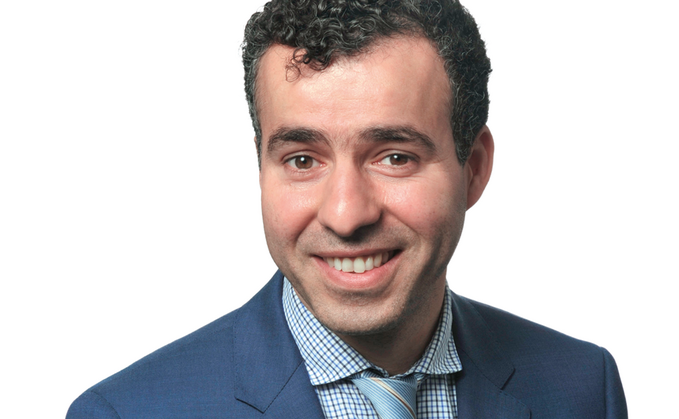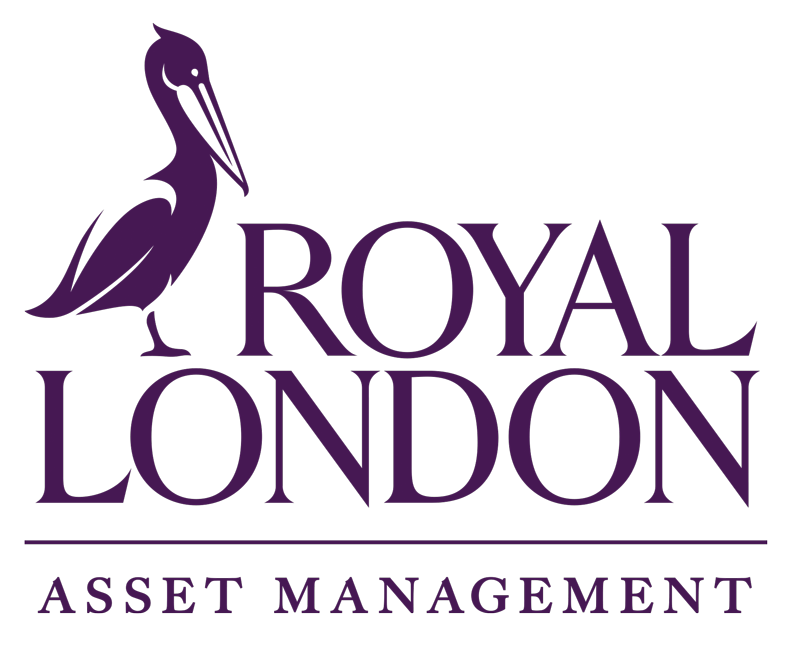
Rachid Semaoune of Royal London Asset Management (RLAM), explains how the firm applies ESG to its Global Sustainable Credit Fund
Demand for sustainable investment strategies has grown considerably in recent years, as pension investors have sought to ensure their savings have more positive outcomes for society. And as this appetite continues to grow, investors are increasingly looking to create an impact with their global credit exposures.
Applying sustainability criteria to global credit markets is a relatively recent phenomenon. Therefore, success will often depend on whether the asset manager is able to bring experience from outside the asset class.
At RLAM we oversee over £12bn in sustainable strategies across equity, fixed income and multi-asset portfolios, so we understand the challenges of applying ESG criteria to a wide range of assets. Our fund seeks out sustainable opportunities in the global credit market and demonstrates how engagement can lead to better outcomes for society, the environment, and investors.
Bigger challenge, bigger opportunity
Identifying firms that provide a net benefit to society through their products and services takes careful analysis, so our biggest challenge is the size of the credit investment universe.
In our benchmark index alone - the Bloomberg Barclays Global Aggregate Corporate Total Return Index Hedged USD - there are around 2,300 issuers. We select exclusion and avoidance criteria to reduce the universe by more than 50%. Only then can our analysts set to work to identify high-performing sustainable companies that we believe provide an attractive risk / reward balance.
But a global investment universe can also be a big advantage for fund managers, as it allows them to access leaders from across the world. For example, continental Europe is a leader in the renewable energy space with companies such as Denmark's Ørsted, the bloc's largest offshore wind company. If the fund were limited to the US, for example, the task would be more difficult; renewables leaders often also have exposure to nuclear power, which we will not invest in.
Engaging for change
Exclusion and avoidance criteria are important tools for finding and investing in the firms that have a beneficial impact. But sustainable investing is about far more than just finding companies that already fit into our definition. Engagement is also important, supporting firms that want to improve and progressively become more sustainable over the long run.
At RLAM, we engage with companies for change. This involves looking at themes - such as climate change, or social and financial inclusion - and helping companies to make positive changes.
Climate change generates the greatest amount of client interest, and it is a core concern for us at both the portfolio and firm level. We engage with companies to encourage them to align with the Paris Agreement to keep global warming within 1.5°C of pre-industrial levels.
The transition to a zero-carbon economy is a particularly important area, so we encourage firms we invest in to formulate a credible plan for decarbonisation.
It is another area where a global remit can be huge advantage, allowing investors to tap into firms at the forefront of the transition, wherever they are located. For example, the Nordic region is leading the decarbonisation race with its strong commitment to green energy. In Norway alone more than 80% of electricity generated comes from renewable sources.

It is also important to engage with companies that do not currently meet the criteria that would allow an ESG fund to invest, to help them overhaul their practices.
For example, RLAM has engaged with UK water utility company Southern Water for several years. In 2019 it was fined by regulator OFWAT for a failure to disclose waste discharge into UK rivers, which we thought represented a material breach of our criteria and decided to exit.
However, we continued engaging with the company over the past two years because we want to track whether its culture has changed. Now, Southern Water has a new chairman and appears to be going in the right direction - but that is not quite enough. We would want evidence of at least three years of improvement and cultural change before deciding to reintegrate the company into our sustainable universe.
The importance of bespoke ESG analysis
There are few agreed standards for how ESG-related data is produced and collected. This has led to third-party data providers such as MSCI and Sustainalytics creating products to fill the gap. While these data providers are important - given the importance of tackling issues such as climate change and social justice - it is imperative that fund managers also do their own research.
As many credit issuers are not publicly listed firms, they are often not adequately covered by data providers. And data providers are sometimes specialists in equities rather than fixed income; as we know, bonds are more complex than equities and require deeper analysis.
In some ways, sustainable fixed income investing has become easier with the emergence of so-called ‘green' bonds. But investors also need to be aware of some of the pitfalls associated with this new asset class.
As demand for sustainable ways to invest in fixed income has grown, appetite for green bonds has been strong. However, this popularity means they also tend to be more expensive and pay lower coupons than non-green bonds. It is important, therefore, to do your own research to find the companies that do not necessarily issue green-labelled bonds but offer attractive value while helping to make the world a better place.
We are also aware of some firms issuing green bonds for the purpose of ‘greenwashing' - where they seek to inflate their green credentials while actually doing very little. Investors should only make allocations if they believe the business has positive environmental characteristics. A green label should not be a shortcut that replaces full sustainability analysis.
A diversified and sustainable fund
Our Royal London Global Sustainable Credit Fund aims to provide investors with widely diversified exposure to companies that improve the environment or help communities become healthier, safer and/or more inclusive.
Our ‘best of breed' approach aims to exploit inefficiencies across global credit markets, to find firms that are financially sound and offer great value. The fund provides investors with truly diversified global credit exposure - by issuer, by sector, by geography, and by currency - across around 200 holdings. A minimum of 80% of the portfolio is held in investment grade debt; it may hold up to 20% in sub-investment grade bonds.

The fund aims to outperform its Bloomberg Barclays benchmark by 0.75% on a rolling three-year basis (gross of fees) and we are confident it will do so over the medium to long term. Since the launch of the fund in February 2021 we have lived through an exceptional period that has not been favourable to sustainable strategies. The fossil fuel energy sector - which makes up around 11-13% of the benchmark - has performed particularly strongly during the recovery from the pandemic and this has been compounded by the Ukraine crisis.
Our exclusion and avoidance criteria mean that we do not invest in fossil fuels, and this has obviously impacted the fund's performance. However, we believe this is a cyclical trend and companies that embrace sustainable practices will outperform in the long term. European renewables firms, for example, are highly likely to benefit from the continent's move away from Russian gas over the next decade.
For investors seeking global credit exposure in a sustainable way, the fund can provide access to a diverse range of opportunities, including issuers from some of the world's most innovative companies.
The value of investments and the income from them may go down as well as up and is not guaranteed. Investors may not get back the amount invested.
Find out more about the Royal London Global Sustainable Credit Fund at rlam.co.uk/GSC
For Professional Clients only, not suitable for Retail Clients.
This is a financial promotion and is not investment advice. The views expressed are those of the author at the date of publication unless otherwise indicated, which are subject to change.
The Royal London Global Sustainable Credit Fund is a sub-fund of Royal London Asset Management Bond Funds plc, an open-ended investment company with variable capital and segregated liability between sub-funds. Incorporated with limited liability under the laws of Ireland and authorised by the Central Bank of Ireland as a UCITS Fund. It is a recognised scheme under section 264 of the Financial Services and Markets Act 2000. The Investment Manager is Royal London Asset Management Limited.
For more information on the trust or the risks of investing, please refer to the Prospectus or Key Investor Information Document (KIID), available via the relevant Fund Information page on www.rlam.co.uk.
Issued in April 2022 by Royal London Asset Management Limited, 55 Gracechurch Street, London, EC3V 0RL. Authorised and regulated by the Financial Conduct Authority, firm reference number 141665. A subsidiary of The Royal London Mutual Insurance Society Limited.









